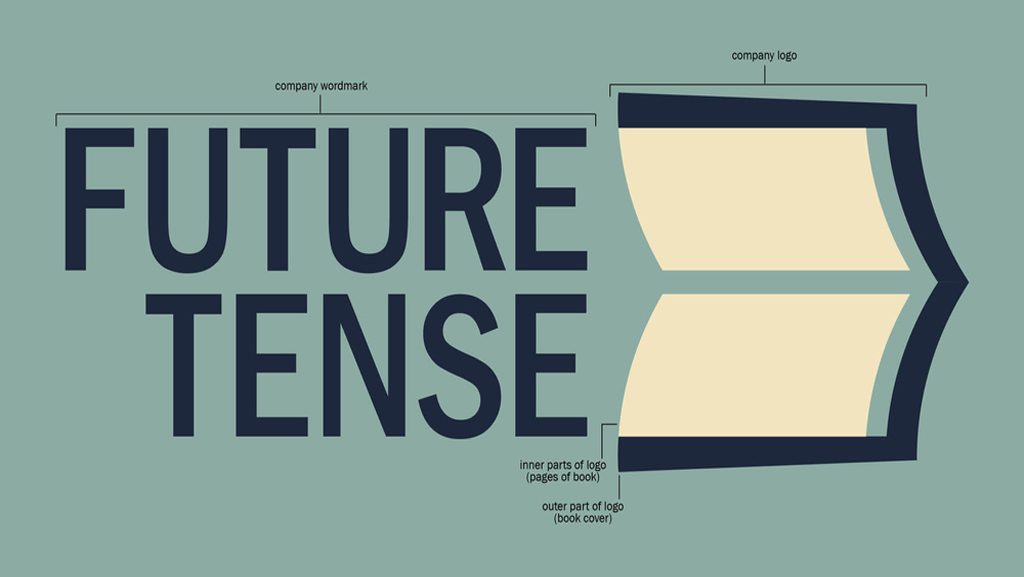Future Tense in English
We are going to check the future tense in English. This is one of the first tenses you learn in English grammar. Learning this tense is very important and must be taught carefully.
In the field of English learning, after a while, we gradually become acquainted with past and future. We learn that by adding ‘-ed’ to the end of many verbs, we can change them to the past tense, and by placing a ‘Will’ before the base form of verb, we can also form the future tense. By reading a number of storybooks and watching a few movies, we will definitely learn so many words that we will be able to convey our massage to the other side in English.


Here are some of the problems of the future tense:
Future tense in English
Future Simple
This is the first form of Future Tense that is usually taught in English language classes. The structure is ‘will or won’t’ (plus will not) plus the base form of a verb. This structure is used to
1- predict an event in the future
2- promise
3- give a suggestion
4- choose something
Example:
It will rain on Sunday.
Future Continuous
Continuous structures in English grammar all consist of a ‘ will/won’t be + -ing verb’. In this particular case, ‘will be or won’t be’ is used. Contrary to its simple form, future continuous emphasizes an activity that is being performed at a certain time in the future, not something that is going to happen once or several times in the future. Consider this example:
I don’t know whom I will marry, but I’m sure I will meet someone.
The significance of the correct use of future tenses


One of the phenomena we see a lot in English class is that high-level learners insist on speaking in the same simple way they learned early on: a number of short sentences in the simple present tense, simple past or simple future with several “ands” are connected.
As mentioned earlier, this form of sentence construction in the IELTS test will not give you a score above 5. The complexity factor is the key success to the IELTS test. As can be seen in IELTS writing task 1, task 2 and speaking descriptors, “uses a variety of complex structures” is the criterion must be fulfilled to score 7 or above.
One of the things that will help you a lot in broadening the knowledge of complexity is to use different tense structures in English. Proper use of future tense in English can greatly increase your score in international English language tests.
The abstract of the article:
In this article, we talked about the future tense in English grammar, as well as the types of future tenses and the importance of using them correctly.



